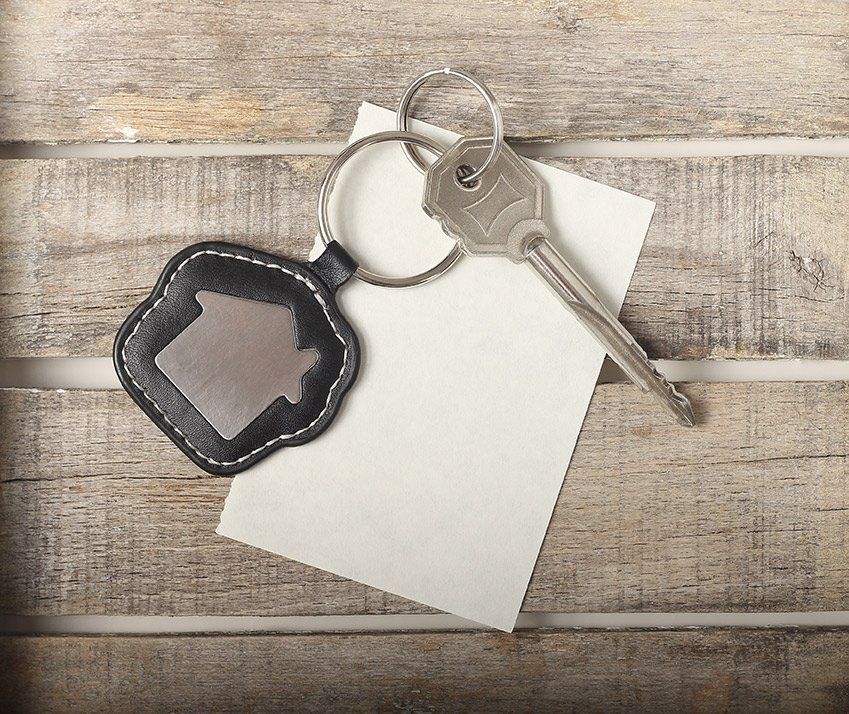You wouldn't run your car on empty. Here's what you need to fire on all cylinders.
There are many elements of self care, and each person differs in how important any particular element will be to them. For example, extroverts will need more community and social time to recharge; introverts will need more alone time. The following list is a guide to get you thinking about what you need in order to adequately recharge, i.e., what your daily “self care multivitamin” needs to contain, as well as some ideas for incorporating this type of self care into your life.
Physical Fitness
We all have needs for moving our bodies. Some individuals have very high needs for activity and will notice feeling irritable or restless if they don't get out and move regularly. Cardiovascular
exercise, Strength
training, balance and flexibility, yoga and walking are all ways to fill this need.
Physical Restoration/Maintenance
Think of this category as your body's home maintenance list. Sleep, rest, and down time are in short supply in most modern lives. This also includes regular checkups and seeing the dentist, chiropractor, or eye doctor. Other ways to restore and maintain may include fasting, time in the sun, massage, haircuts, etc.
Social Connection If there is a category that I see most people deficient in, it is this one. Humans are social beings; and even if you are an introvert, you need some time that connects you with others in meaningful ways every few days, and at least one close friend in whom you can confide. Host others in your home, schedule regular guy's weekends, have a once-a-month standing GNO. For those of us who claim we are "too busy," I recommend combining self care goals - meet up with a friend for a workout or walk, carpool to work, call a good friend on your commute, etc.
Nutrition Nutrition is the fuel for your physical body and brain runs on. While our bodies are amazingly resilient and can function on fast food and sugary sodas for awhile, to function optimally we need fresh fruits and vegetables, quality proteins, and healthy fats. Some of us (I am one!) notice immediate negative effects of poor nutrition - including decreased concentration, gastrointestinal issues, poor sleep, etc. Vitamins and proper hydration are important as well.
Spirituality Whether you are a Christian or a staunch atheist, there is no getting around the fact that humans are spiritual as well as physical beings. For Christians, you need prayer, worship, Bible reading, and fellowship time. For others, meditation, solitude, journaling, reflection, and time in nature are recommended.
Boundaries
Healthy lines of demarcation between your roles is essential to self care. Intentionally limiting how much one's work (often in the form of calls, emails, DMs, etc.) infringes on home life is especially important to those who work from home. Other important boundaries to think about are those between family/friends, school/home, volunteer time /personal time, etc. Some need thoughtful personal rules about how they set boundaries around their use of social media.
Creativity
Building, cooking, and writing are good creative outlets for some, while crafts/art, music, dance are preferred for others.
Family
Family time is a key part of self care - to feel connected to those we are closest to is important. So many are living distant from their extended families now that this is difficult. While calls and Facetime can bridge the gaps, there is no substitute for spending quality time with your kids, hanging out with your siblings, or making time to see extended family.
Social Outreach
Research consistently shows that helping
others improves self esteem and self efficacy and can even decrease depressive symptoms. Volunteering, joining political causes, or giving of one's time or resources to a charity are some ways to meet this need. However, social outreach does not have to be formal or organized - spending time with an elderly neighbor, doing yardwork for a shut-in, or offering free babysitting to a needy family are great options too.
Productivity
Yes, self care is not all about bubble baths and pedicures - humans need to feel productive to be truly happy. Work fills an achievement need for most of us, but schoolwork, chores, errands, and organizing/decluttering are other ideas.
Learning/Challenge If you can't remember the last time you felt driven to learn more about a topic or excited to start a new hobby, it's time to take on a new challenge. This can be as simple as a book you've wanted to read, or as involved as learning a new language or training for a marathon. YouTube abounds with information to get you started on just about every DIY project there is. Your local library, Parks and Rec center, and universities have lots of options for classes, groups, and hobbies, too.
Play/Fun/Adventure
While most parents would never dream of depriving their children of play, they get little to none themselves. Why do we stop considering fun essential in adulthood? I am a big fan of having adventure, challenge, and play outlets as regular parts of an adult life. Hiking, camping, indoor rock climbing, exploring, travel/travel planning can fill this need for some. Others need quieter pursuits like games or puzzles. Pets can provide an endless source of fun and play too, as can children; both are inherently more creative and fun-seeking than those of us stuck in the rut of "adulting."
In summary, I hope this list gives you some ideas on how to begin caring for yourself and recharging. Of course, it makes sense to combine areas of needs as much as possible. For example, joining a tennis team could fill needs for Physical Fitness, Social Connection, Learning/Challenge, and Play/Fun. By making self care an important ingredient, not an optional afterthought, in your life, I am confident you will see the benefits to your mood, decreased stress, improved productivity, and closer relationships.
